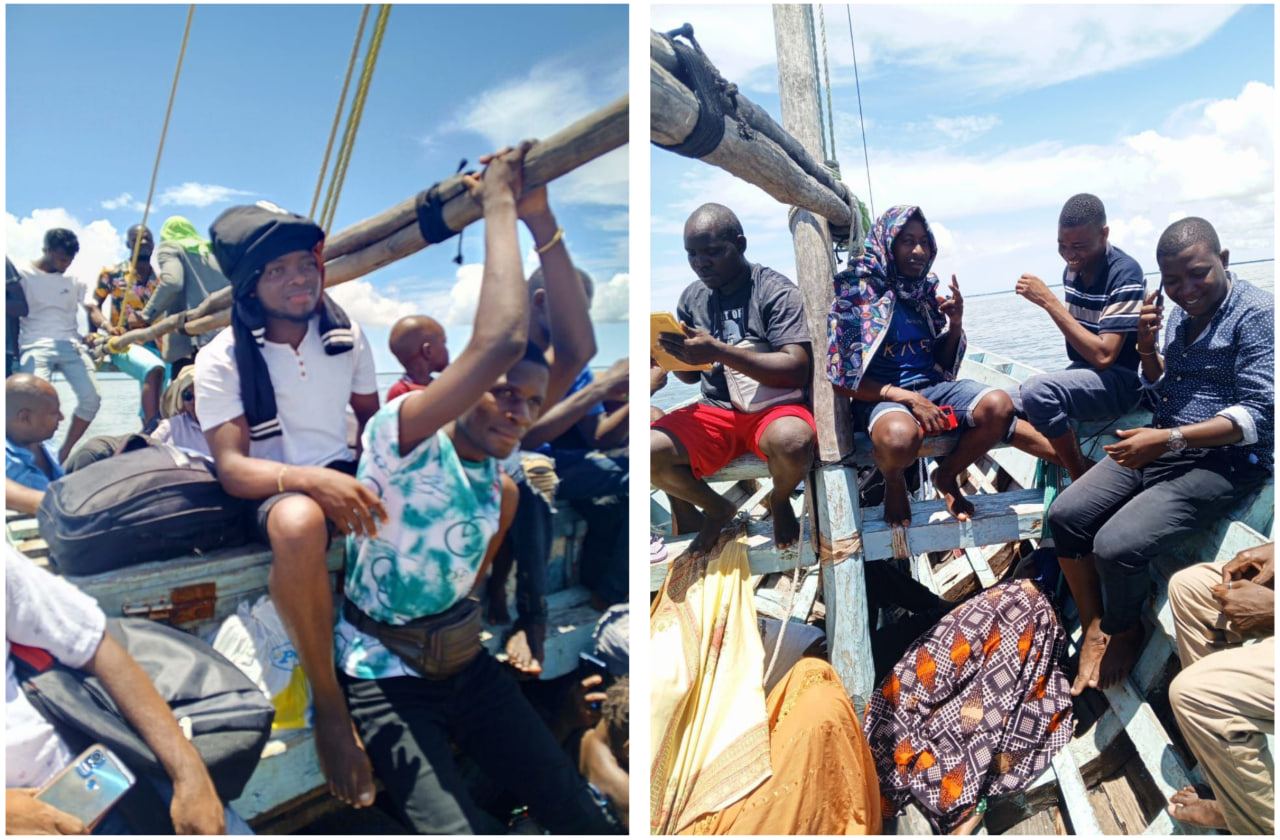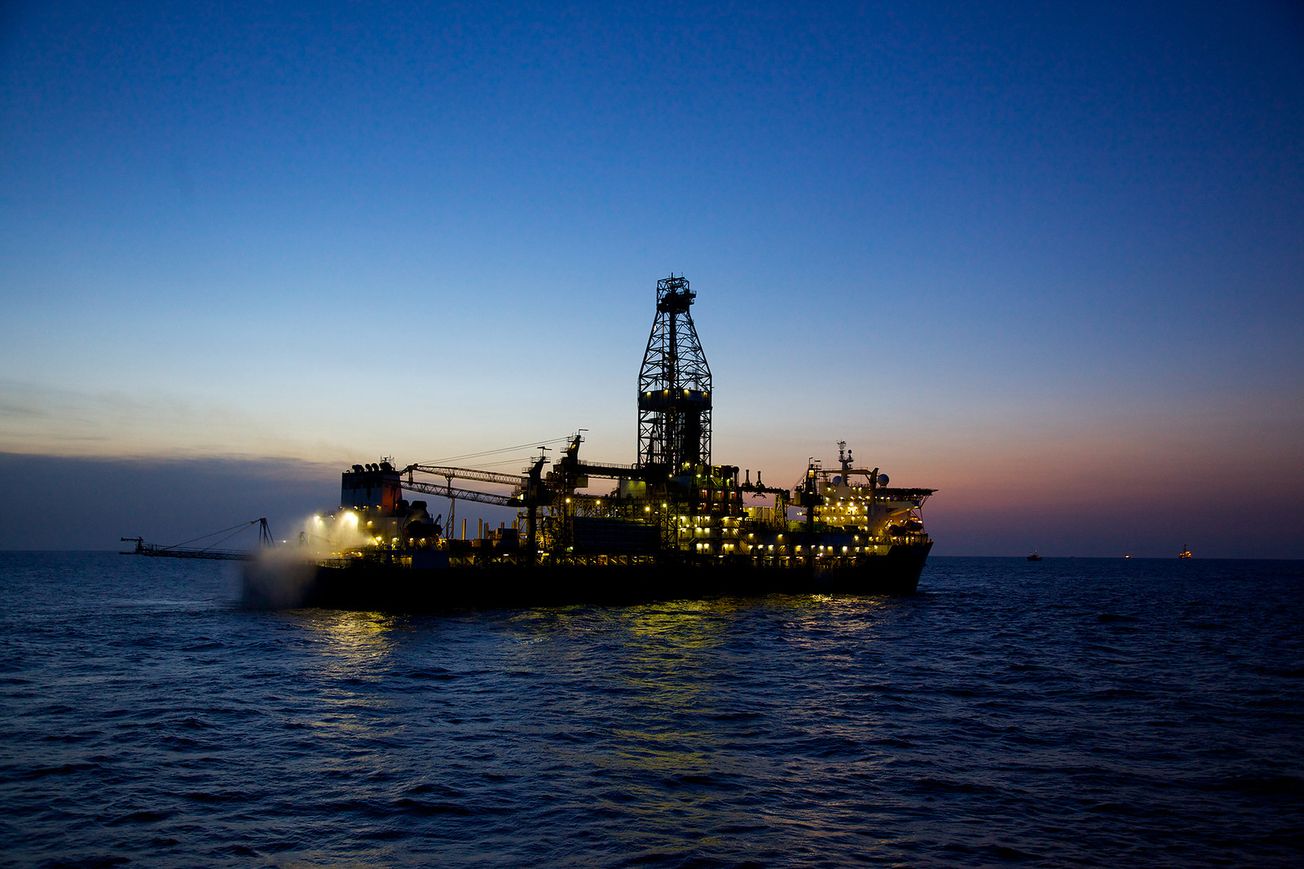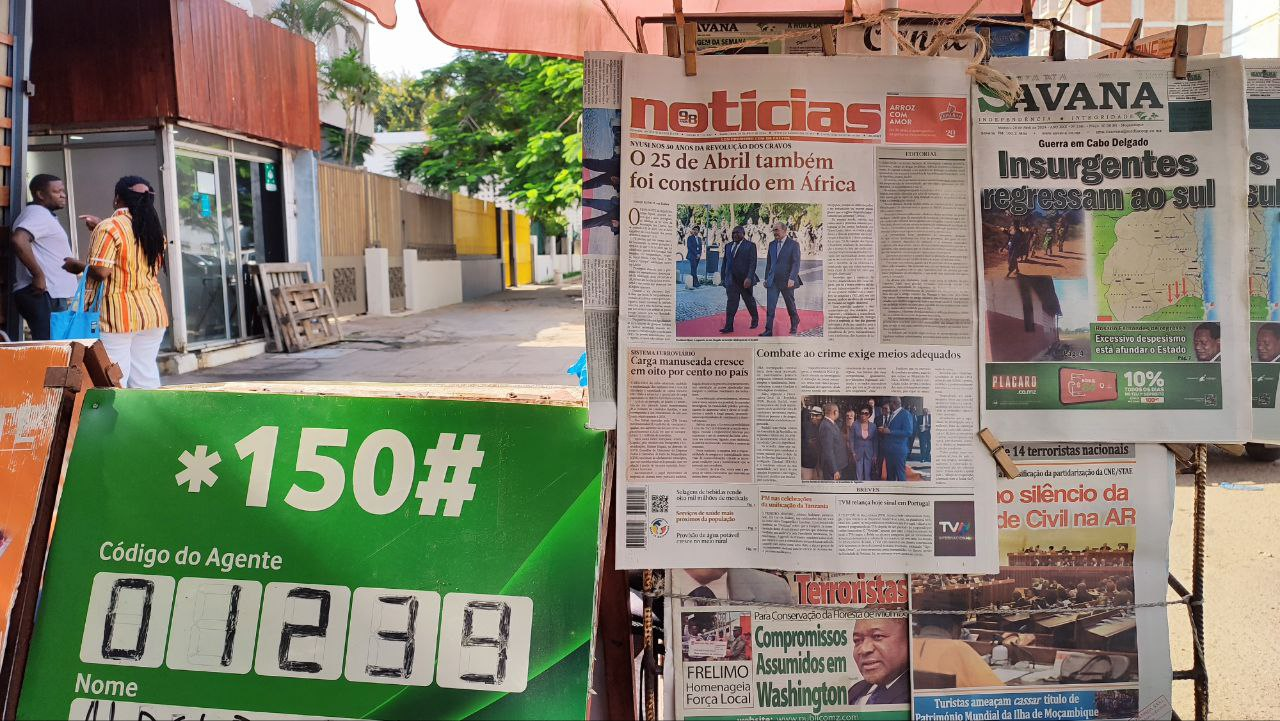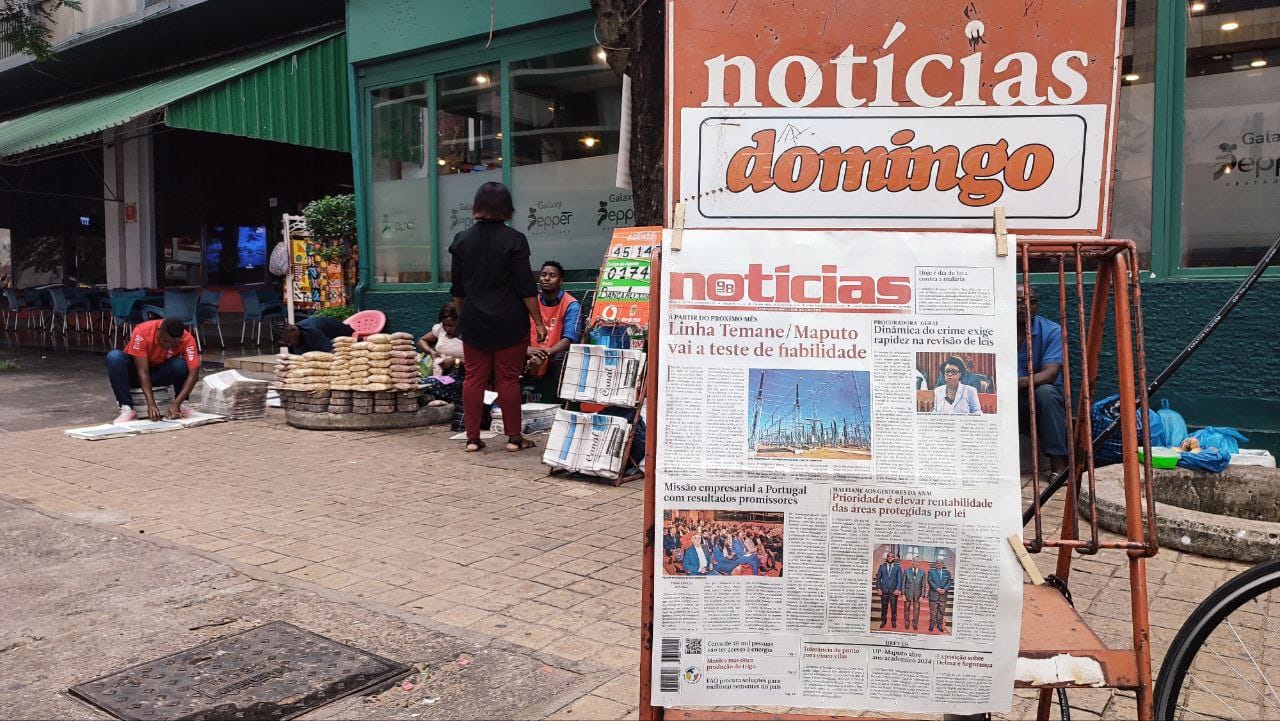In the early hours of Sunday 3 March, Islamic State-backed insurgents waded onto the shore of the island of Quirimba, in the Ibo district of Cabo Delgado province, in an incursion that would cost the lives of at least seven members of the Mozambican security forces, and see widespread looting on the island.
Many civilians fled to the bush, fearing for their lives. The insurgents remained on Quirimba until 7 March. Below are testimonies from those in hiding, describing the scenes they have witnessed under insurgent occupation.
The following text was sent to Zitamar News, relating the moment insurgents arrived on Quirimba:
As expected, during the night [March 3], the group of insurgents in Quissanga split up and some crossed to the island of Quirimba. Upon arrival, around four in the morning, they started firing shots but there was no response from the police contingent stationed there. One of the insurgents had time to go from house to house, greeting his family and looking for his father who was hiding in the mangrove forest.
There are no signs of an intervention by the FDS [security forces], either in Quissanga or on the island of Quirimba. Some of these insurgents are young people who were captured when the islands were invaded in 2020 and are now occupying prominent positions in their ranks.
As insurgents took control of the island, frightened residents sent panicked messages to relatives informing them of the situation. The following circulated on a local WhatsApp group:
Hello family, Quirimba is on fire. The insurgents are there. It’s bad.
The situation in Quirimba is really difficult. At 1am I managed to speak to my father and my brother. Everyone was in the bush at Léman. By 4am the insurgents had started shooting on Quirimba beach after they crossed on foot at low tide. The entire police force of 40 men, together with Quissanga's security forces, all fled into the woods.
My grandmother couldn’t escape, so she stayed inside the house. I called her, but she immediately hung up. The population took refuge in Kumilamba. If by chance they go there, many will drown. I don't know what to think now; my grandfather’s phone is turned off.
Since the insurgents arrived that night, many people have been sleeping in the woods.
The insurgents' objective was to strip the island of goods and carry their new supplies back to base, as this witness recalls:
“[The insurgents] went into someone’s backyard and stole an engine. Until they leave, there will be a disaster here. There are many of them on the beach, at the head of the post office’s house, at the maternity hospital, and in other areas. The Kumilamba area is also full of them.
The ones who have fled into the woods without bags can escape being caught, but we have baggage. There will be terrible hunger as [the insurgents] are taking all the goods away in boats. They enter every market stall, make a list of goods, and take them.
When they were taking the goods, they said that they had made lists so they can pay later. When they leave, they say they will leave a phone number for the owners to contact to be paid, just call and say “I'm so-and-so from X, you took this and that from my stall.”
Their leader walks here covered with an umbrella and a book in his hand under the escort of his men. His name is Saide Bossa and he is from Mucojo.
One of the insurgents' targets was the cattle farm owned by Rainer Gessner, whose family, originally from Germany, had arrived in Quirimba after the end of the First World War. The message below from Gessner, who was not on Quirimba at the time of the attack, was shared around various WhatsApp groups in Cabo Delgado.
“I lost everything. They went to my house and the lodge and destroyed everything. There's a lot of shooting. They are using my house as a hiding place.”
The pillaging of Qurimba was systematic, this resident told Zitamar.
“Yesterday [4 March] they took out three boatloads of food and left. And today they took two more boats but they couldn’t get out because the tide was low. They are also looking for petrol and a mechanic as the boats have engine problems.
“This afternoon they are shooting at the church, I don't know what's going on. I am at home. We can hear explosions. As it’s risky, no one is going outside. Motorbikes are being taken away by boat. Here in Quirimba, they took all the food from the stalls. There is nothing left. There is nowhere to buy food. Boats are not allowed to leave for Pemba.
Two live oxen are tied up in boats. [The insurgents] say they will take them to Ntoni, in Mucojo, where they are living. That's where they have made their new base. They don't hide it, they say everything. They say they are preparing for Ramadan.
After three days, security forces began taking offensive action against insurgents in the area, but there was still no attempt to retake the island.
“Today [Wednesday 6 March], two helicopters were flying overhead. Also boats [of the security forces of] Mozambique are close by. A drone has flown over in the past few days. The insurgents are nervous, they are taking off military clothes and blending in with the population. Perhaps the security forces will arrive soon.”
The insurgents ultimately left the island on Thursday, 7 March.
This article was produced by Zitamar News under the Cabo Ligado project, in collaboration with Mediafax and ACLED. The contents of the article are the sole responsibility of Zitamar News.









